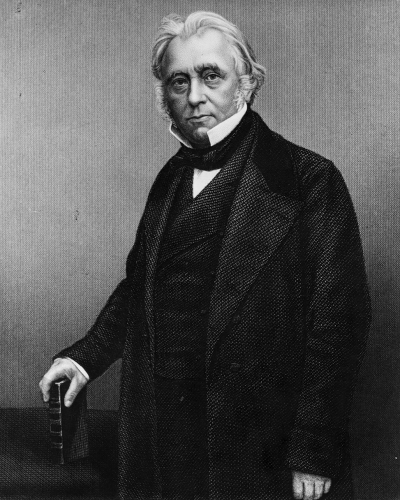Monopolies

Copyright Hypocrisy
Fri, 12/05/2017 - 1:27pm — Homer Dear Andrew Orlowski,
Dear Andrew Orlowski,
Spot the difference...
Copyright Infringement: Taking other people's ideas without permission or attribution, then reusing them for your own purposes
Copyright: Taking other people's ideas without permission or attribution, reusing them for your own purposes, then falsely claiming to be the sole creator of the result

Bitcoin: Virtual Fool's Gold
Wed, 03/02/2016 - 8:18pm — Homer
The sales pitch for Bitcoin could be; "money without banks". Not only can you conduct financial transactions without some regulating authority (and by implication do so anonymously), but you can also mint your own money from nothing. It's an economic utopia which liberates us from both corporate and government control, whilst eliminating poverty.
The reality is very different, both in principle and in practice.

The Curious Case of Raspberry Pi Consumerism
Mon, 01/09/2014 - 4:03am — HomerMuch like the Cult of Apple

I find the attitude of many within the Raspberry Pi community to be strange and offensive.
I first discovered this odd phenomenon (odd because it contradicts the ethos of the project's academic foundations) back when it first started, as many within the Raspberry Pi community took an extremely hostile attitude toward academic freedom, apparently in defence of various parties' highly dubious intellectual monopolies (Broadcom and MPEG-LA, for example).
I pointed out the irony and hypocrisy of their attitude at the time, explaining that they were more than happy to leech Free (as in freedom) Software for their own benefit, but then balked at the prospect of freely sharing the results, and in particular this contradicted their stated academic goal of facilitating better computer education in British schools, an environment that rightly demands open access to knowledge.

Opposing Copyright
Sat, 11/01/2014 - 1:26pm — Homer This is my analysis and response to Thomas Babington Macaulay's speech to the House of Commons, delivered on the 5th of February 1841, opposing the then proposed "Life + 60 Years" copyright term.
This is my analysis and response to Thomas Babington Macaulay's speech to the House of Commons, delivered on the 5th of February 1841, opposing the then proposed "Life + 60 Years" copyright term.
First I should state that I also oppose any extension to the copyright term, but moreover I oppose copyright in general, and seek its total abolition.
Macaulay's speech is good overall, inspired in places and clearly well-intentioned, but makes what I believe to be a fundamental logical fallacy which must be addressed. He also tends to waffle, giving far more examples than is necessary, most of which I've edited out. Therefore the following comprises a summary of the relevant parts of the original speech to which I wish to respond, and my indented responses (in blue) to each point. With the exception of Macaulay's final summary, I will only respond to those points I disagree with, so you may assume that I agree with the rest.
My objective is to demonstrate that copyright is not only morally indefensible, but also quite unnecessary.

ACTA Attack
Sun, 05/02/2012 - 8:36pm — HomerACTA is perhaps one of the most sinister developments in the history of the Internet, and beyond, not only because of the Draconian legislations it proposes, but also because of the manner in which they were proposed.
You see ACTA has never been democratically scrutinised or debated. It was created and negotiated entirely in secret by private corporations, not transparently by democratically elected representatives, and then ratified without any democratic mandate (by "executive order"). Indeed, the US government actually went so far as to describe these boiler-room "negotiations" as "a matter of national security".
"A matter of national security"?
Seriously?
Since when are petty civil legislation issues like copyrights "a matter of national security"? Since when should fundamental changes to the democratic process and criminal legislation be "negotiated" in dark basements by private corporations, then the details protected as "a matter of national security"?
It's incredible, but true. It's also profoundly disturbing.
Regardless of whatever else might be wrong with ACTA, when private corporations start making criminal laws (in secret, no less), clearly we have a serious problem. It's textbook fascism.


